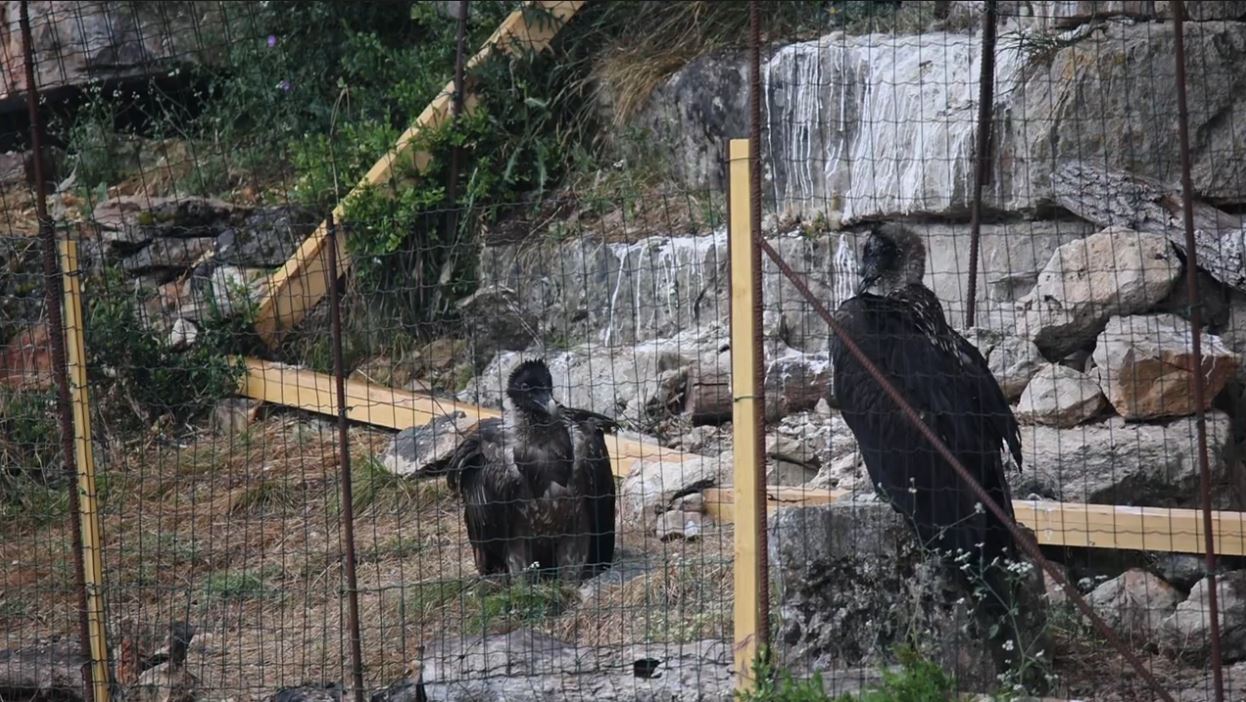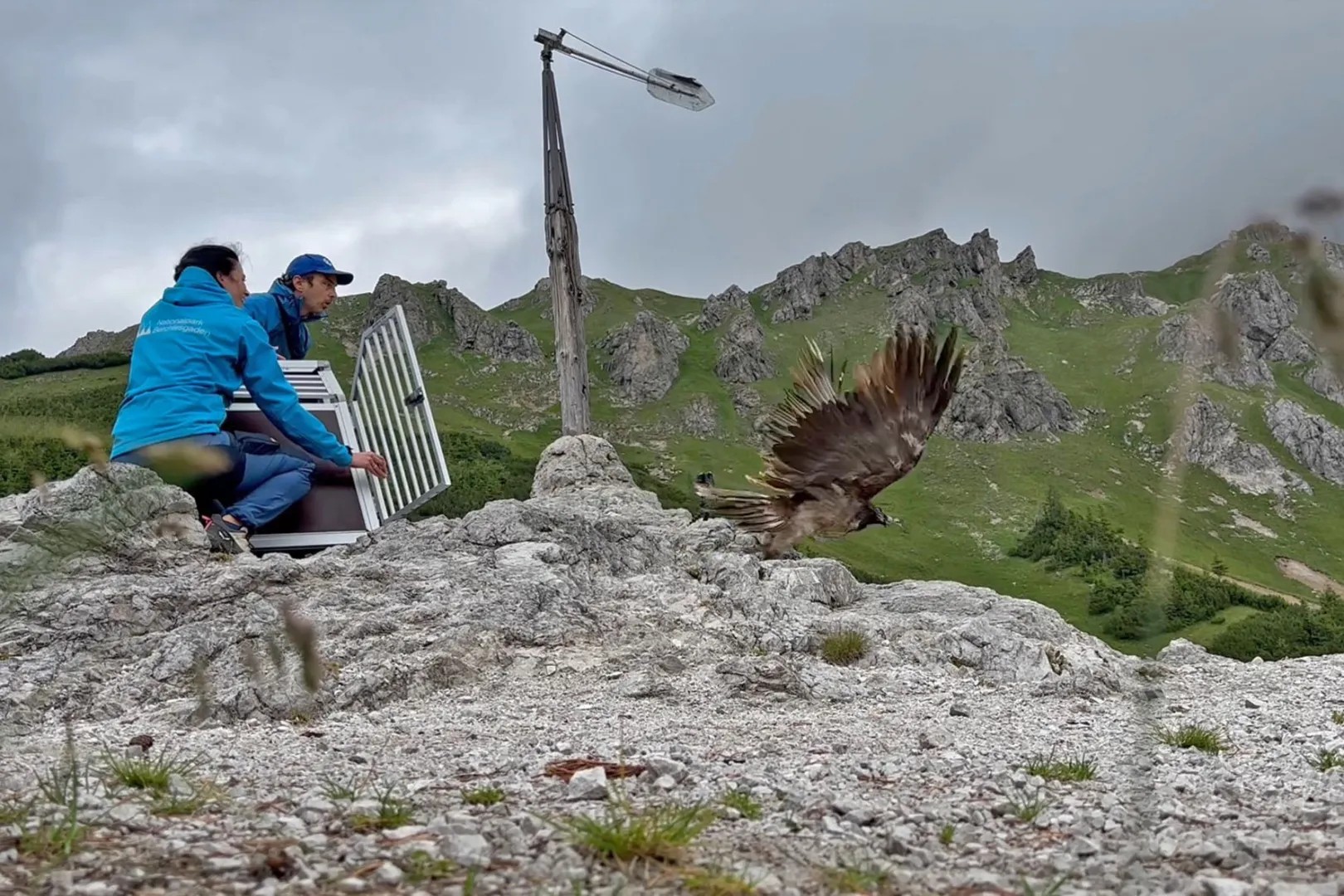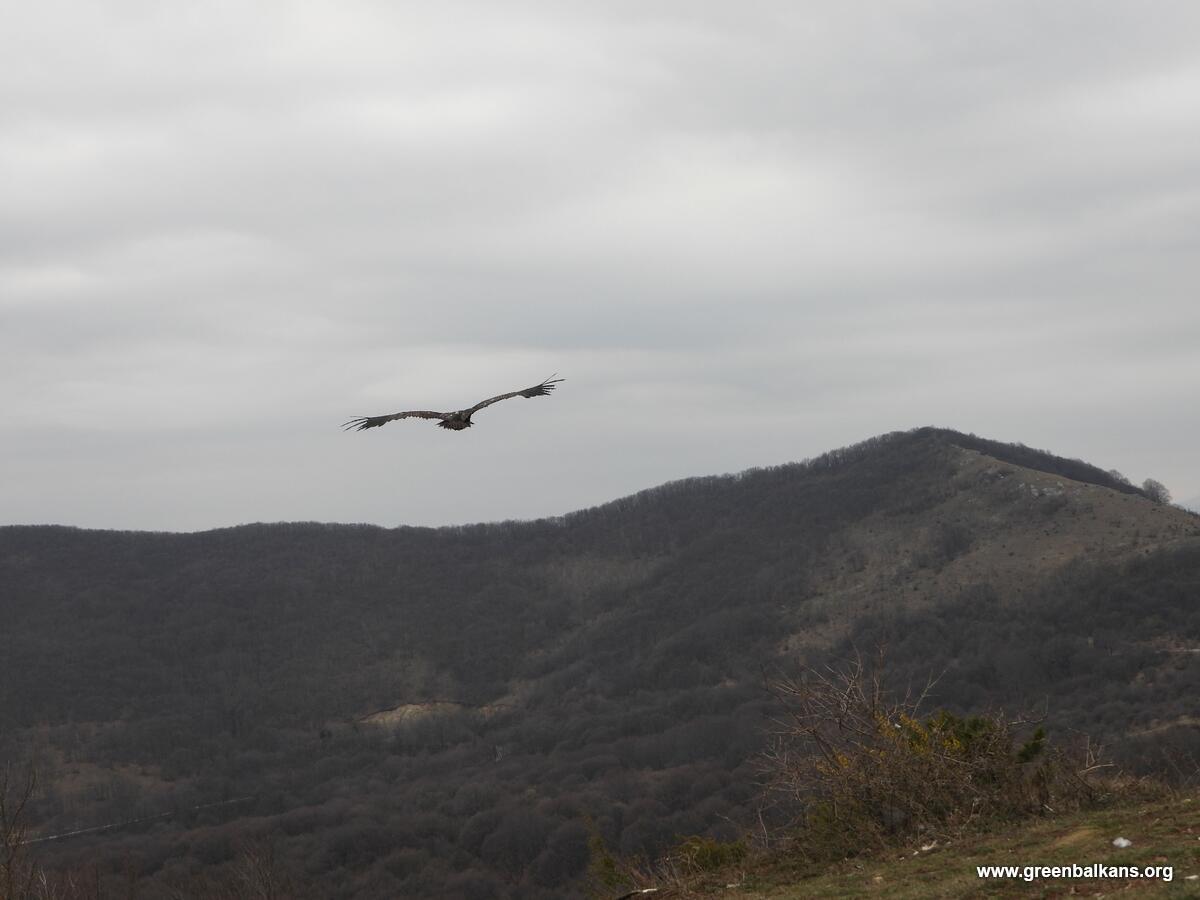…that the legal sale of vet diclofenac in Europe is now putting in jeopardy decades of hard work and putting European vultures potentially in peril? Vet diclofenac kills vultures, and its widespread availability in the Indian subcontinent was responsible for the almost-complete disappearance of vulture species there.
Now it is legally available for use by veterinarians in Spain and Italy, while Portugal is considering to legalise it too – although livestock management in Europe is different, we believe it is impossible to insulate completely the vulture food chain from this lethal drug, and so, for precaution, it should be banned, as alternatives do exist in the market.
Please help us ban vet diclofenac by signing this petition here
Vultures play a very important role in the world´s ecosystem – they are nature’s clean-up crew. They don’t kill, they eat the flesh of other dead animals, thus helping to reduce the spread of disease and eliminating the need for the treatment and incineration of thousands of tons of animal remains every year, saving us millions of euros in waste management and potential emissions of hundreds of thousands of tons of C02 per year.
Unfortunately, they face a range of threats and so populations of many species are under pressure and some species are facing extinction – the VCF is working hard in Europe to minimize those threats and actively work on the ground with several populations to increase them.
More globally, the VCF and its partners have developed a Vulture Multi-Species Action Plan (MsAP), prepared in the framework of the Convention for the Migratory Species, that list the priority actions that need to be taken in order to improve the conservation status of 15 species of old world vultures. The Vulture MsAP will hopefully be approved by all signatory states in the next Conference of the Parties this fall, and will then be a significant tool to address these massive poisoning incidents and therefore revert the decline of several vulture species.
It is important to promote the conservation of vultures to a wider audience and highlight the important work being carried out by the world’s vulture conservationists, and today´s International Vulture Awareness Day is a great opportunity for that. Support the VCF by donating to us, or by spreading the message about our work and activities: see www.4vultures.org/news for info on our projects and vultures more widely.



